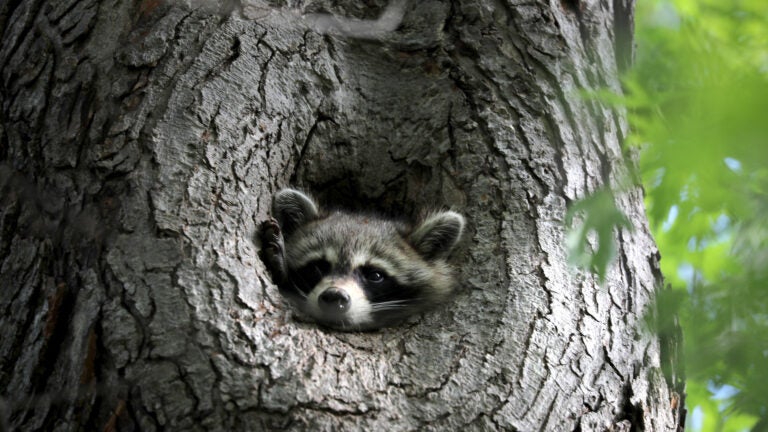A new scientific study has found that the Arctic’s first summer on record that melts virtually all of its floating sea ice could occur as soon as the 2030s, about a decade earlier than initially predicted. This milestone of climate change could still occur even if nations manage to curb greenhouse gas emissions more decisively than they are currently doing, the report shows. Earlier projections had found that stronger action to slow global warming might be enough to keep the summer ice intact. The study recommends steep emissions reductions to be able to reverse the warming effects that are currently underway. Sea ice reflects solar radiation back into space, so the less ice there is, the faster the Arctic warms, causing the Greenland ice sheet to melt more quickly, contributing to global sea-level rise. It also affects weather patterns like extreme rainfall and heat waves in other parts of North America, Europe and Asia. Over the years, the far north has warmed four times as quickly as the global average, a phenomenon known as Arctic amplification, and as the Arctic continues to lose its ice, severe impacts on communities, ecosystems, geopolitics, shipping, and access to natural resources are anticipated. Researchers predict that the September ice is likely to decline below the critical threshold for the first time before 2050. However, the exact timing has been complex to predict, mainly because computer models generally underestimate the sea-ice declines that satellites have been detecting.
Arctic Summer Could Be Practically Sea-Ice-Free by the 2030s











